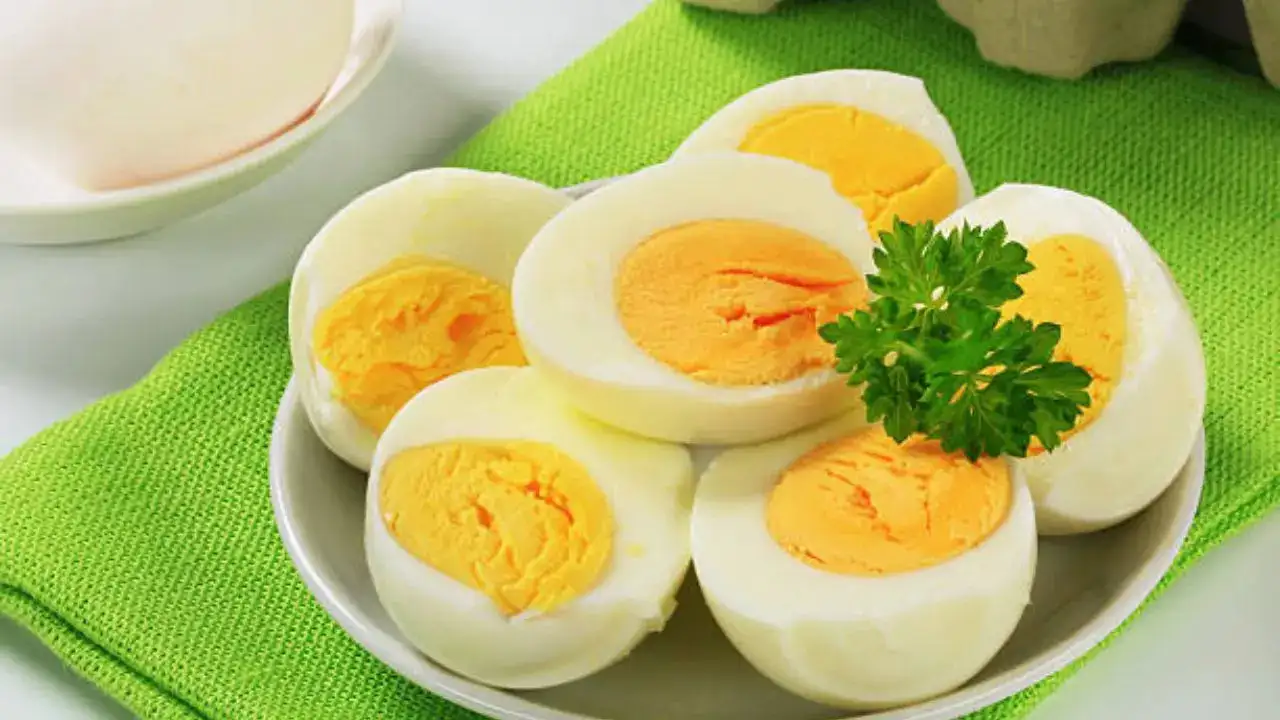
Hard-boiled eggs are packed with nutrients like vitamin D, zinc, calcium, and all of the B vitamins and are particularly good sources of riboflavin
Eggs are the best way to get nutrition, which includes lots of protein. Eggs are low in calories and can be added to many dishes—prepared in many ways. They do contain cholesterol, but it is not harmful to most people.
Among the best ways to enjoy eggs is to hard-boil them, which makes for great salad toppings and can be eaten with salt and pepper. Hard-boiled eggs are packed with nutrients like vitamin D, zinc, calcium, and all of the B vitamins and are particularly good sources of riboflavin, or vitamin B2.
What happens when you eat boiled eggs every day?
A few health benefits of boiled eggs include:
Lower heart diseases
The fat in eggs is usually found in the yolk. According to doctors, you must consume more unsaturated fat and less saturated fat to boost heart health. Eggs also provide dietary cholesterol, a source of concern among health experts. However, dietary cholesterol is no longer linked to cardiovascular risk.
Great source of protein
Protein is important for many components of your health, including building muscle and bones and producing hormones and enzymes. This is due to their complete protein profile; eggs are a powerhouse of all essential amino acids. A common misconception, however, is that the protein is found only in the egg white. But almost half of an egg’s protein content comes from the yolk.
Increases intake of vitamins
Eggs are packed with vitamins and minerals that help you reach the daily value (DV) for many essential nutrients, including:
- Selenium, which is important for reproduction and thyroid health
- Choline needed for metabolism and cell health
- Riboflavin that your body needs for cell health and metabolism
- Vitamin B12 for healthy nerve cells and blood.
- Pantothenic acid, which helps your body break down fat
- Vitamin A which is essential for tissue, skin, eye, immune system, and reproductive health
-
Phosphorus which helps build strong bones and teeth
-
Folate is required for cell health and DNA along with other genetic material
How to eat hard-boiled eggs?
Hard-boiled eggs are not just low in calories but also loaded with nutrients. They are an excellent source of high-quality protein and rich in B vitamins, selenium, vitamin A, and other important nutrients and antioxidants like choline, lutein, and zeaxanthin.
Since hard-boiled eggs are prepared without additional oil or butter, they are lower in calories and fat than fried eggs. They may just be one of the easiest and most nutritious additions to your diet. You can eat hard-boiled eggs in various ways. Try mixing it up with one of the following:
Slicing it up and adding salt, pepper, or your favorite seasoning
- Chopping it into a salad
- Slicing and placing on toast with avocado and tomato
- Chopping and adding to oatmeal or a grain bowl
